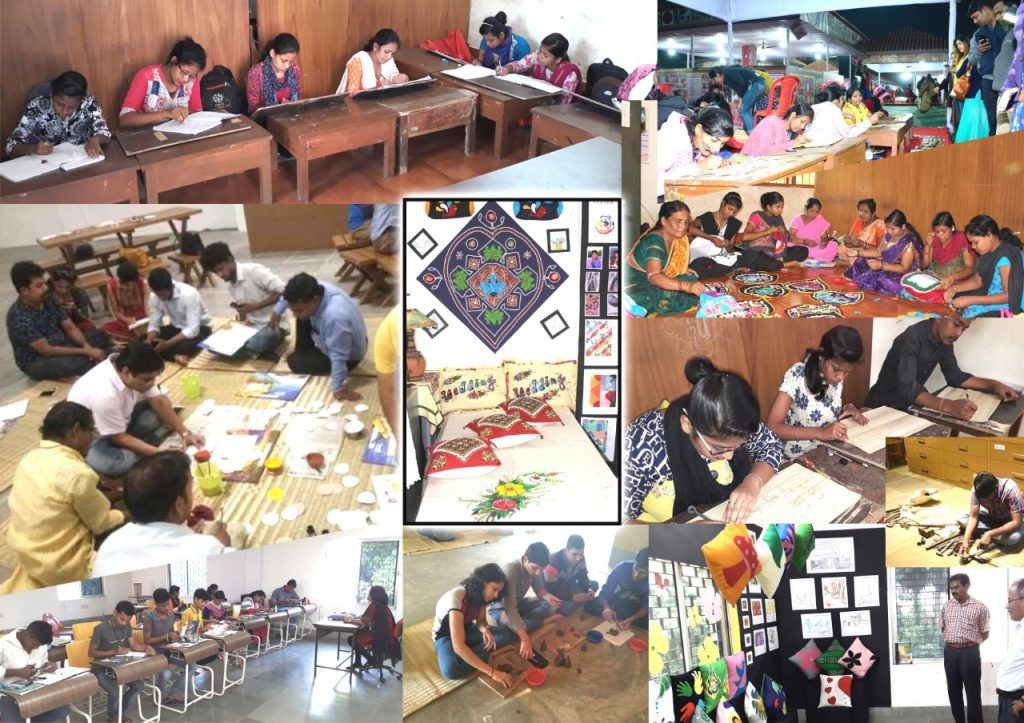Bhubaneswar: The State Institute for Development of Arts and Crafts (SIDAC) in the Capital City here has been conferred with the Centre of Excellence (CoE) status by the Union government.
SIDAC is the first state-run institute in the country to impart non-technical training, sources said.
SIDAC is a state government sponsored organisation and it was established in 2004. It has been functioning as an autonomous agency for the development of handicrafts sector in Odisha.
The organisation is managed through a governing body headed by Commissioner-cum-Secretary to Handlooms, Textiles and Handicrafts (HTH) department.
The institute is imparting skill training in handicrafts. It has developed syllabi for the craft courses and standardised the same by implementing the training programmes for more than 10 years, sources added.
With the integration of state-of-art handicrafts and handloom museum ‘Kalabhoomi’, SIDAC has turned out to be a favoured place for the students from across the country for research activities in the traditional skills as well as related subjects.
The organisation has successfully demonstrated its capacity for implementing skill development programmes in different clusters and pockets in state.
Commissioner-cum-Secretary to HTH department and SIDAC chairperson, Subha Sharma, made the final presentation for the status of Centre of Excellence before the standing committee headed by Secretary to the Ministry of Skill Development and Entrepreneurship (MSDE) November 24 this year.
While granting the CoE status, the MSDE observed that an organisation of the nature and standing of SIDAC has an important role to play in training activity in the informal and non-traditional skilling sector. Besides, the institute has a major role for the training, practice and preservation of rare and dying arts and crafts of the state as well as for wider proliferation of its activities and benefit to the skilling eco-system.
“This will have positive spinoffs in the form of sharing of best practices with similar institutions in the country as well as mobilisation of global best practices for preservation of rare art and crafts forms,” observed the MSDE.
